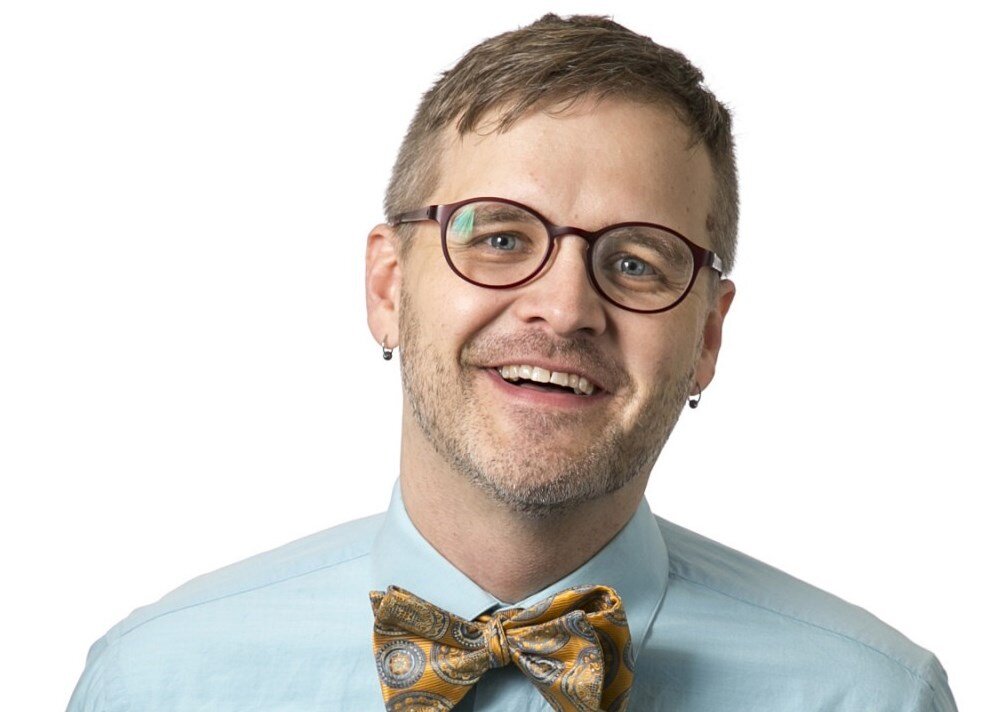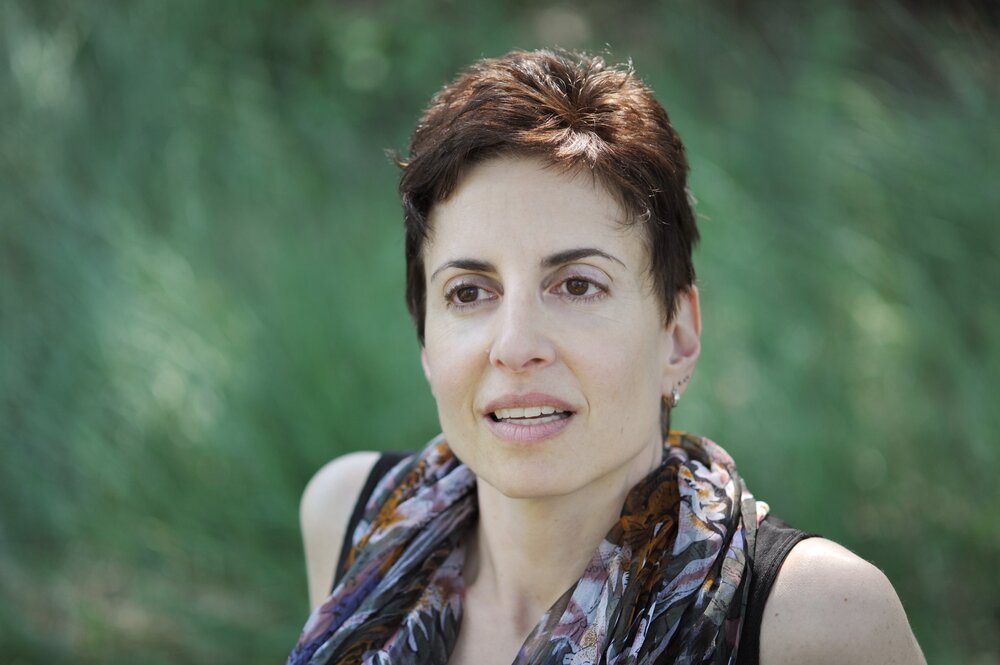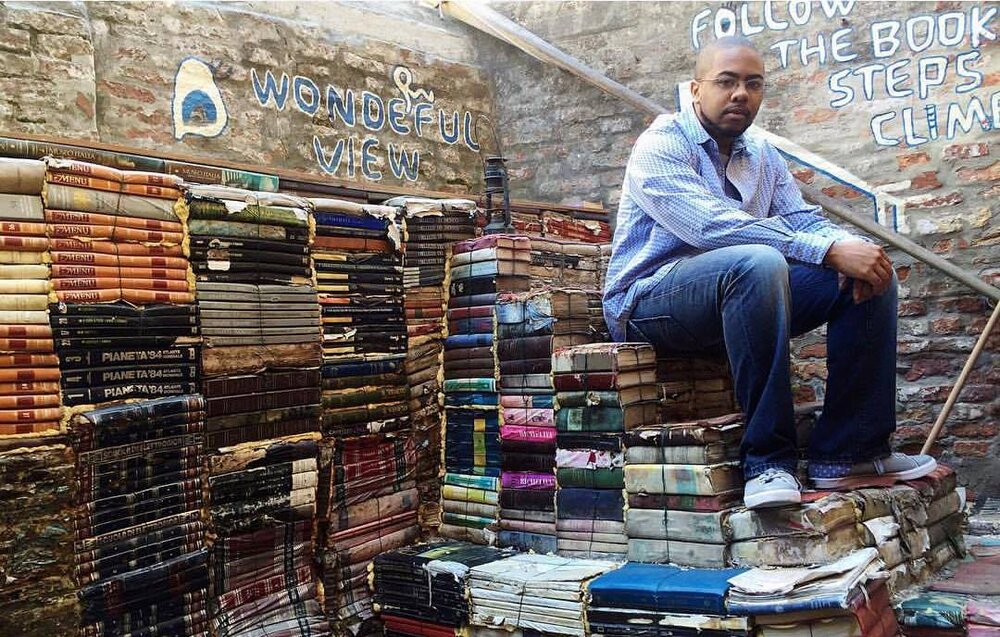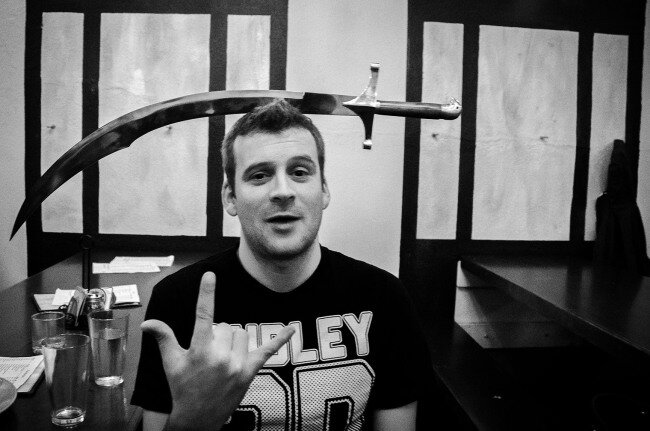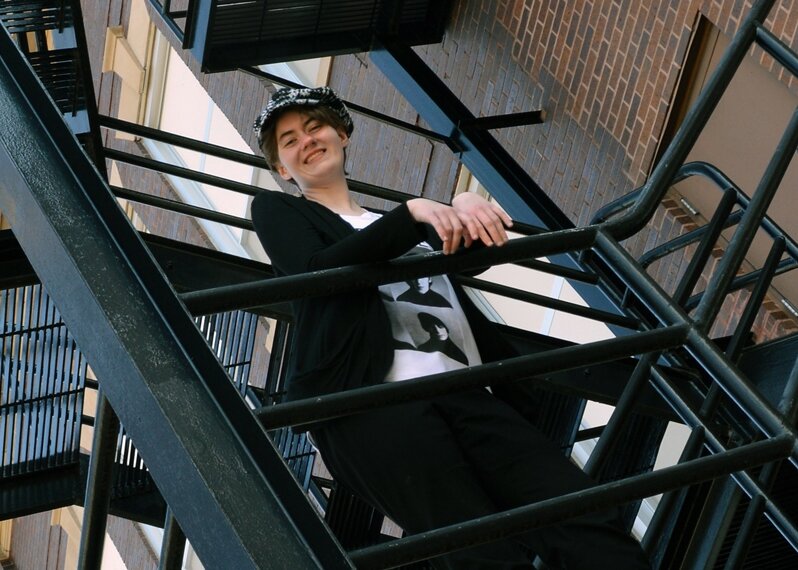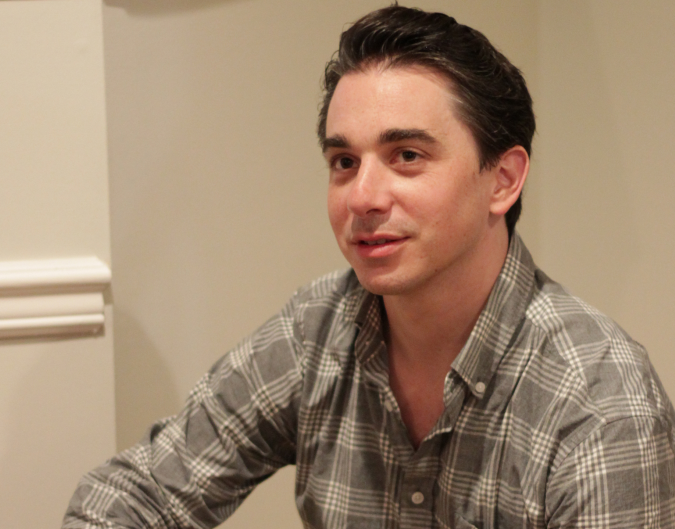 Joseph Fasano
Joseph Fasano
When I initially contacted Joseph Fasano for an interview in late July, I had several poems in mind as possibilities to discuss. But when he suggested "Hermitage" I felt in that choice something of a predestiny; it was the first poem of his I had ever read, and when we had our interview I was reminded what about it had so commanded my attention and drawn me to all of his work: lines of unusual breath and music, cultivated from language of the kind his teacher Mark Strand described as "so forceful and identifiable that you read [these poets] not to verify the meaning or truthfulness of your own experience of the world, but simply to saturate yourself with their particular voices." Rilke's "inner wilderness", twined with Fasano's bracing intelligence, were strongly in evidence throughout this exchange. — HLJ
===
It strikes me that the subject on which this poem turns consists in its final two lines: "the great lie // of your one sweet life", that thing at the poem's opening that was once "too much." The speaker's address to a "you", the reader, seems to presuppose that at one time or another everyone will have to reckon with such a lie in their own lives. So let's begin there and work our way backwards…tell us a little about the great lie that began this piece.
All I know is that it's different for everybody, that great lie. It's a platitude to say that we all lie to ourselves in some way to live. Maybe we tell ourselves things are fine when they're not. Maybe we need to believe they're not fine when they are. In any case, of course it's true that a certain falseness in the way we live might protect us from a radical truth we're not ready for. Maybe we need an actual, practical change in our living situation. Maybe we need a change in our way of seeing things. Whatever the case may be, it's terrifying to face the nakedness of a new truth–or perhaps I should say an old truth, an ancient truth that has been living inside us – especially when we hardly have a language to talk about that truth.
I see this poem as the speaker's way of beginning to saying 'yes' to certain things that he had previously rejected–things perhaps in himself, things perhaps in the world. But what interests me most is the silence after the last line. It's clear to me that the speaker of this poem has yet to find a language in which to say that 'yes,' in which to live it to its fullest. I see the final question as both confident and desperate: What would you have done? What should I do? Everything we say asserts our deepest beliefs, even when we're unaware of those beliefs. But what happens when those beliefs change, radically and even perhaps without our knowing? What steps forward to fill the new silence of our lives then?
===
HERMITAGE
It’s true there were times when it was too much
and I slipped off in the first light or its last hour
and drove up through the crooked way of the valley
and swam out to those ruins on an island.
Blackbirds were the only music in the spruces,
and the stars, as they faded out, offered themselves to me
like glasses of water ringing by the empty linens of the dead.
When Delilah watched the dark hair of her lover
tumble, she did not shatter. When Abraham
relented, he did not relent.
Still, I would tell you of the humbling and the waking.
I would tell you of the wild hours of surrender,
when the river stripped the cove’s stones
from the margin and the blackbirds built
their strict songs in the high
pines, when the great nests swayed the lattice
of the branches, the moon’s brute music
touching them with fire.
And you, there, stranger in the sway
of it, what would you have done
there, in the ruins, when they rose
from you, when the burning wings
ascended, when the old ghosts
shook the music from your branches and the great lie
of your one sweet life was lifted?


